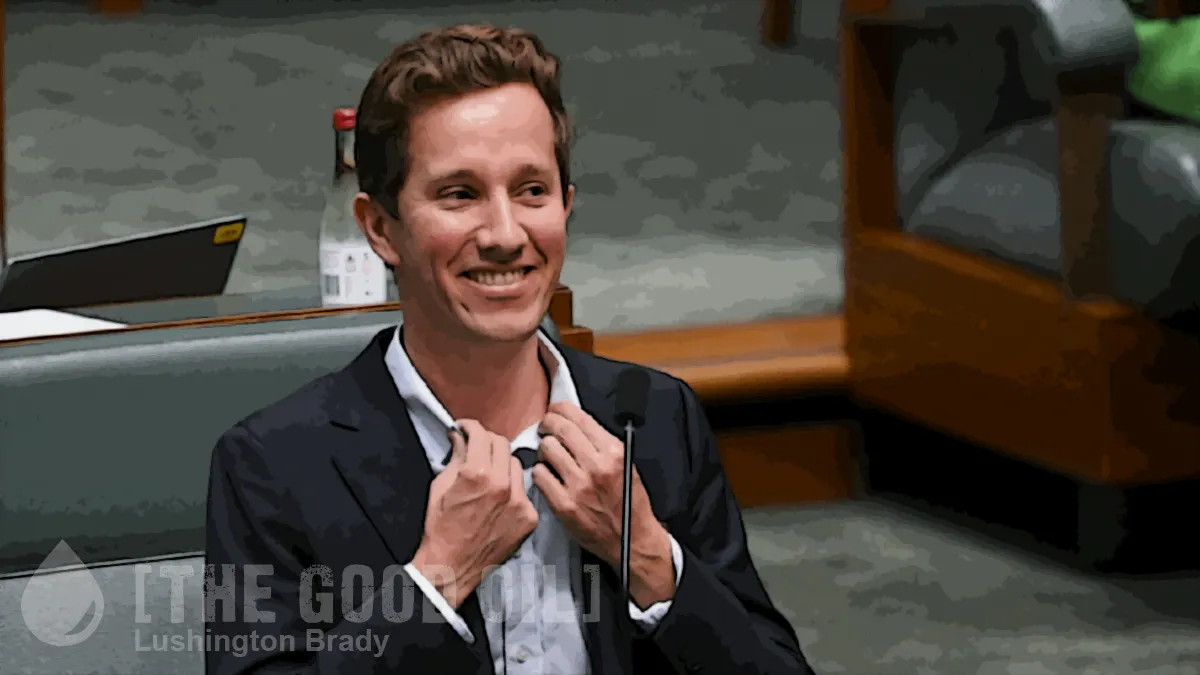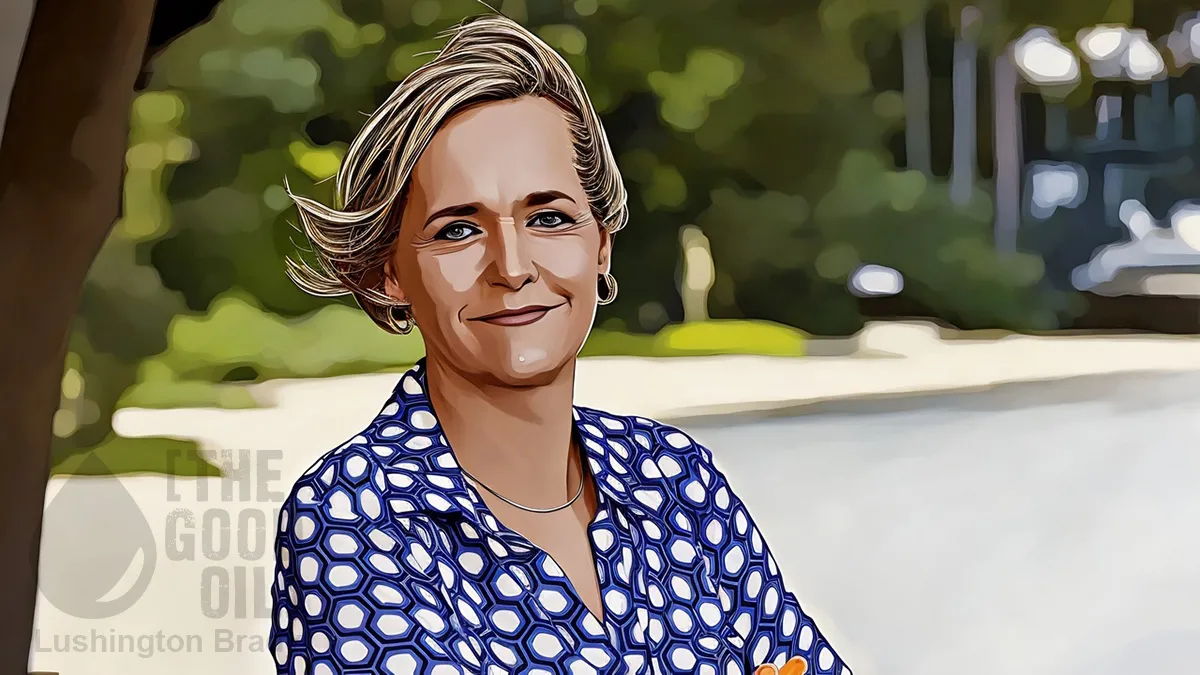Table of Contents
When, in the movie comedy Dodgeball, a team announces it’s forfeiting a game, clueless commentator Pepper Brooks (Jason Bateman) opines, “It’s a bold strategy, Cotton. Let’s see if it pays off for ’em.” The line has since become a cultural reference point for obviously doomed risk-taking.
Hubristic politicians are all too prone to playing such bold strategies. Especially when they’re convinced they’ve got nothing to lose by trashing one group of voters in the hope of winning over another. When Hillary Clinton called half of American voters “deplorable”, she was no doubt convinced it was a winning move with the other half.
In 2019, Australian Labor’s Chris Bowen (not dubbed “Boofhead” for nothing) thought he was on a similar winner, when he told voters, “If you don’t like our policies, don’t vote for us.” Enough voters took his advice that Labor lost what was widely regarded as an unlosable election.
“Hold our skinny almond-milk lattes,” say the Greens.
Greens housing spokesman Max Chandler-Mather has made clear the minor party’s policies are aimed at achieving a real decline in housing values over time to ensure the next generation has a better chance of buying a home.
Now, there’s a bold strategy: telling voters you’ll devalue their most important asset.
Little Lord Hyphenated-Surname is the quintessential Greens politician: born and raised in a wealthy, white suburb with an overrepresentation of university graduates and organic grocery stores and prone to prattling about the “workers” despite having never worked a day in his life outside a union office or politics. Like policemen and doctors these days, he also looks like he still needs his mummy to hold his hand on the walk to the office.
Youthful ignorance might be some excuse for Hyphenated-Surname: no doubt he thinks he’s playing to the under-25 peanut gallery; but, in reality he’s just given most of his voters the best reason not to vote for him. The Greens’ voting bloc is not aspiring young homeowners: it’s wealthy Millennials. In other words, people in their mid-30s to early 40s, who already own at least one home, probably more.
Greens’ voters might be idiots, but even they can understand what ‘We’re going to devalue your property portfolio’ means.
Hyphenated-Surname’s essential detachment from the reality of working Australians shows through in drivel like this:
He said that a hard working, well educated young Australian with a good job could now be “earning a $100,000-plus a year wage” and it was “still impossible for you to buy a home”.
In fact, the median household income for first-home buyers in Australia is around $95,000. But then, not everybody is a Greens voter buying houses in the most fashionable suburbs of Melbourne, Sydney and Brisbane.
The Greens’ entrenched economic cluelessness also shows through.
The Greens have proposed a major overhaul to phase out negative gearing and abolish the capital gains tax discount, as well as the establishment of a government-owned property developer to rent and sell at below-market prices.
The party has also advocated for a rent freeze and cap on rents, arguing that 20 per cent of renters across the nation vote Green.
So, not only abolish the policies that have made rich Greens voters (the wealthiest voting bloc in the country) as rich as they are, but institute the very policies guaranteed to send rents and house prices soaring. Somebody hit these clowns over the head with a copy of Basic Economics, open to the chapter where Sowell exhaustively details how rent freezes and caps only ever result in higher rents and fewer rentals on the market.
He said the Greens would release more details soon about their proposal for a government-owned property developer to try to build 360,000 homes over five years and more than 600,000 over the decade.
One word: KiwiBuild.
Apartments would be open to a range of people because “if only people on welfare benefits can live in there, then you get the concentration of social disadvantage. You get a lot of the social problems that comes with. If you have a cleaner living next door to a university professor living next door to someone on the pension living next door to someone who just works at the local Woolies, then you get really diverse and robust communities.”
No doubt Hyphenated-Surname also dreams that they’ll hunt in the morning, fish in the afternoon, rear cattle in the evening and read philosophy after dinner.
Spare us the utopian delusions of moronic Marxists.









